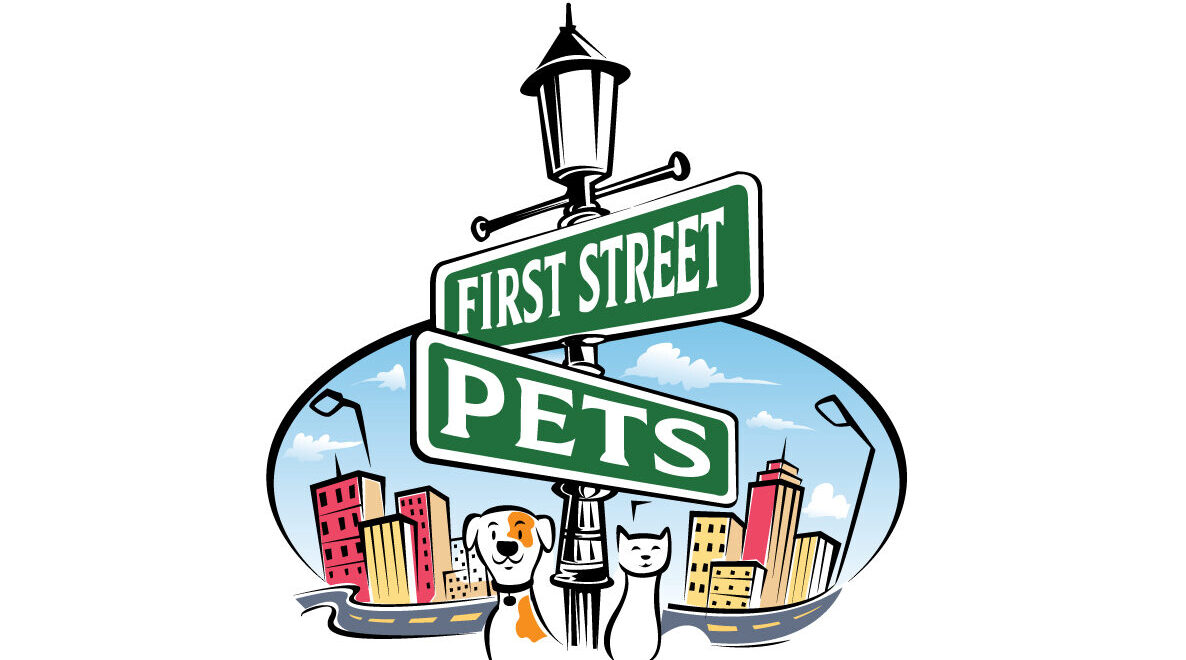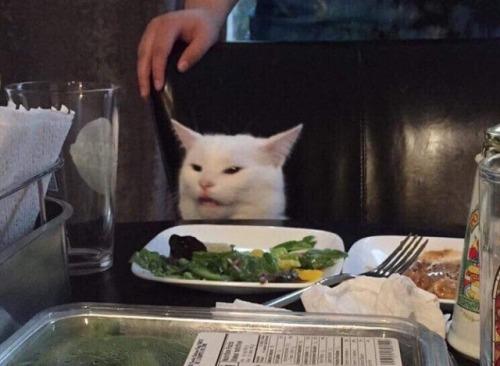
For millennia our ancestors relied on seasonably available foods, including meat, to survive. As hunter-gatherers became farmers, we ate more grain foods like bread and porridge, but continued to rely on meat and other animal products like milk and eggs. In today’s world, much of our food is processed and not locally grown, which has many drawbacks; however, one of the benefits is the ability to choose any diet for oneself. With “fortified” packaged food and year-round availability of everything, omnivorous humans can maintain their health on most any diet, including paleo, keto, vegetarian, or vegan. While we have the right to eat as we choose, should we make that choice for our pets? Is it possible for a carnivorous animal like the cat to live a healthy life on a vegetarian or vegan diet?
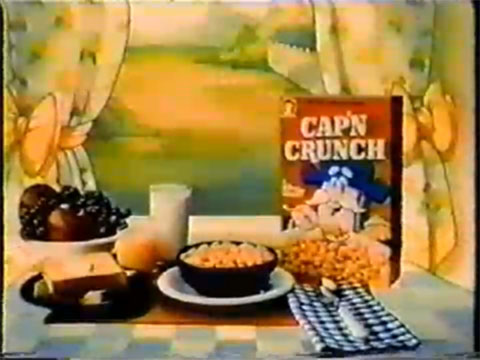
Technically, yes. You may have heard the old saying that a nutritionally complete diet can be created with cardboard and vitamins. That’s not really true, but some products come close, like breakfast cereals and white bread. Although the manufacturers of such products claim they are “part of this complete breakfast,” you wouldn’t want to make them the sole ingredients of your diet. Since we control what our pets eat, we need to give careful thought to the foods we provide for them.
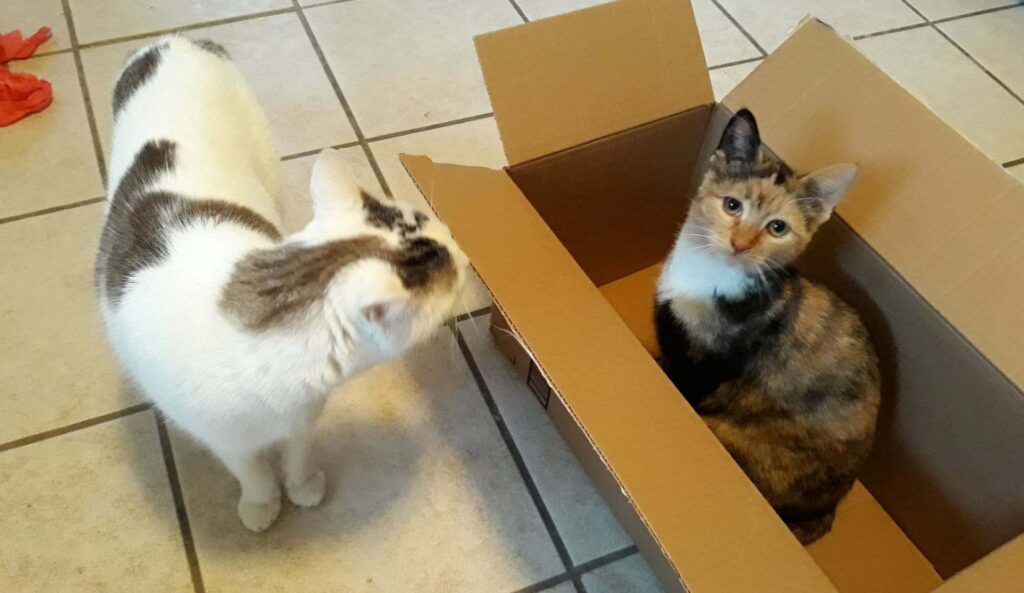
About digestive systems
The cat is known as an obligate carnivore, meaning their digestive system is designed to eat meat. Compare their system with that of a vegetarian animal like a horse and you will see the difference. Plant material is very hard to break down and digest which is why such animals have teeth that erupt throughout life and a long, complex set of digestive organs. The horse’s hindgut is seven meters (23 feet) long! If you’re a horse owner or carer, you’ll know that they can take an hour to eat a flake of hay, carefully chewing each mouthful before swallowing. Look closely and you will see that their jaw moves in a circular motion, grinding their feed like a mortar and pestle.
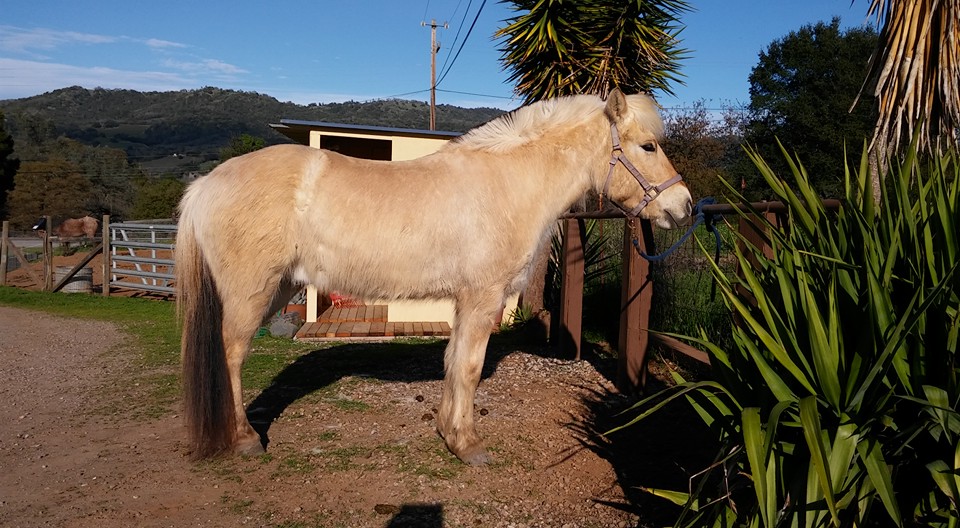
Cats, on the other hand, don’t actually chew. Their molars function more like choppers, cutting meat into pieces small enough to swallow. From there the food moves into a digestive tract much shorter and less complicated than that of the vegetarian. While your cat may appear to be “chewing” their kibble, they are just going through the motions of cutting it into pieces (even though it’s already in pieces). This is why cats who have lost all their teeth, to the amazement of owners, can still eat kibble – they are just swallowing it whole. This is also why the concept of kibble “cleaning cats’ teeth” is bunk, but that’s a subject for another article.
We humans are omnivores, meaning we can eat just about anything, and boy do we. Our ancestors would shake their heads in wonder (and probably disgust) at the processed meals, snacks, and fast foods we eat as a regular part of our diet. Despite the availability of any kind of food year round, at least in wealthier parts of the world, humans are less healthy than at any time in history. Obesity, diabetes, heart disease, and a host of other health issues plague a large percentage of the population. Childhood obesity currently affects an average of 18% of American children (as high as 25% in some segments of the population). Just watch My 600lb Life to see the potentially devastating results of our sedentary, processed food on demand world.
Diets for health and ethics
In an attempt to regain health, many people turn to diets of all kinds. You’ve probably heard of the latest fads like keto and paleo, and old standards like juice cleanses. An internet search turns up an amazing array of crazy diets currently in vogue including eat all you want of cabbage soup, ice, and baby food! Many of these diets are for weight loss, but others claim to increase energy, well being, and overall health. But it’s not all about the physical; for many people, diet has a religious and/or ethical aspect which is a powerful motivator. I was recently chatting with the young man who works at a Taiwanese restaurant I frequent. He said he had completed a seven day fast for primarily religious reasons. His cousin, who also works there, said she had also done the fast, and noted how challenging it was since they both WORK IN A RESTAURANT. I marveled at their self control as I stuffed my face with fried rice and dumplings.
Practitioners of vegetarian and vegan diets often do so for ethical reasons. Many of these folks are pet lovers, have pets of their own, and work in the animal care and welfare field. By and large they feel that animals should not be killed for food, or more specifically that animals raised for food should not be kept in abusive factory farm conditions. That motivation is enough to counteract desires or cravings for animal-based foods eaten in the past. This practice often extends to choosing non-animal-based products of all kinds, like purses and shoes not made from leather, or vitamin capsules not made from gelatin. For some, this extends to pet foods, and this is where things get tricky.
Do cats believe in god?
We don’t actually know what our pets are thinking or how they view the world, but it’s a safe bet that, lacking human abstract thought, they don’t have ethics, religions, or beliefs of any kind. Their feelings and behaviors are based on their biology, and they react to the world around them individually and socially in predictable ways. Cats – most of them, anyway – are affectionate towards us, other cats, and other pets in the home like dogs because they are social animals that enjoy warmth, contact, and social grooming. They sometimes show selfless behavior like keeping an elderly sick companion warm, grooming a kitten (even if they are not the mother), or letting another cat eat their food. They may show these behaviors because of instinct or a bond with their companions, not because of a belief or a concept of right and wrong.
Given a choice between meat and a non-meat food, any cat will choose the meat. Unfortunately as house pets, most cats don’t have choices — they must eat what is put before them, often the exact same thing day after day, year after year. Whether they like it or not, they will eat it to survive. Opinions vary greatly on what should be fed. Kibble or canned? Raw or processed? Fresh, frozen, or dried? I feed my cats a high-quality kibble because I have a houseful. If I had one or two cats I might go for a more labor intensive and costly fresh meat based diet. I do like to treat them with dried fish and shrimp treats which they love, and a little canned food which is gobbled up in seconds.
Veterinary opinions
We all have our personal opinions, but what do the veterinarians say? While veterinarians are people with their own varying opinions, they have years of education and experience on which they can base their statements. I strived to be unbiased when researching and writing this article, but I honestly could not find one citation of a veterinarian recommending a plant-based diet for cats.
- The RSPCA in the UK considers feeding a vegan diet to cats and dogs as cruelty under the Animal Welfare Act. The Feline Nutrition Foundation has a number of veterinarians on its advisory board, and they promote a raw meat-only diet for cats.
- There is a quote on their website from Dr. Elizabeth Hodgkins, author of Your Cat: Simple New Secrets to a Longer, Stronger Life. “I have never seen a single case of serious obesity, diabetes, urinary tract disease, or IBD in a cat fed meat instead of commercial dry foods. Many other people have seen the same results. Further, I do not see nutritional deficiencies in cats fed properly balanced raw-meat diets. I want to emphasize a point here. The incidence of these problems has not just declined on a raw-meat diet, they have entirely disappeared. These results are too dramatic to ignore.”
- The author of this article in Veterinary Practice News, Dr. Brennen McKenzie, points out the lack of long-term scientific study on the effects of a plant-based diet in cats (or dogs, for that matter). She says, “There is no evidence vegetarian diets have health benefits for dogs and cats, and no real reason to believe they should, based on the physiology and nutritional requirements of these species. Pet owners may choose to feed such diets due to their philosophical or religious beliefs, but veterinarians should make it clear that any potential health benefits of vegetarianism for humans likely do not apply to dogs and cats.”
- In this Wall Street Journal Article Dr. Daniella Dos Santos, President of the British Veterinary Association, says, “The vast majority of vets would advise against it [a vegan diet for cats]. Studies are yet to prove that synthetic nutrients are properly absorbed by cats’ guts and that a deficiency can cause eye and heart problems.”
So it looks like the old “cardboard and vitamins” argument doesn’t hold up. What works on paper or — in today’s world — a computer formula, does not necessarily work in a living, breathing organism. I have to wonder why the big pet food corporations don’t make plant-based diets? Is it because they would have such a small market, or because it’s not possible to make one that is nutritionally complete by accepted standards? The only commercially produced vegan cat foods I could find are made by smaller fringe companies, some started for the sole purpose of creating plant-based pet diets. One of the products available online is made by Wysong. At $55 for 20lbs, this product is made for both dogs and cats, which is all I need to know to click away from the page.
Why?
Finally, one has to ask, “Why?” Why would we impose our dietary restrictions on our pets when we know it is not beneficial and can in fact be quite harmful? There is great controversy around pet owners who do so publicly, as in the case of Jumanji the Fennec Fox. Jumanji’s owner insists that the animal is fine and healthy although one can see from the photos she posts on social media that he is underweight and looks poorly.
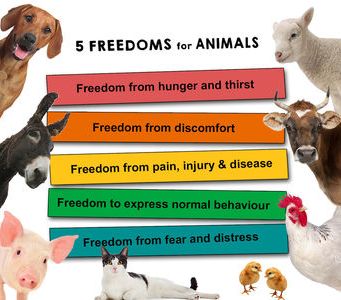
Anyone involved in animal welfare is aware of the Five Freedoms. I believe that providing our pets with a species-appropriate diet is a critical aspect of these freedoms. There are options to heavily processed products made with meat from factory farms. If you’re willing to do the work, you can buy meat from local, humane sources like family farms or 4-H and make your own pet food. Pet owners did this until as recently as the 1950’s when pet foods were produced commercially on a large scale. If you can’t stand to have any meat in your home, maybe keeping carnivorous pets isn’t for you.
NOTE: The kitty in the top photo with the salad, featured in many memes, is Smudge. Follow his antics on Instagram @smudge_lord.
